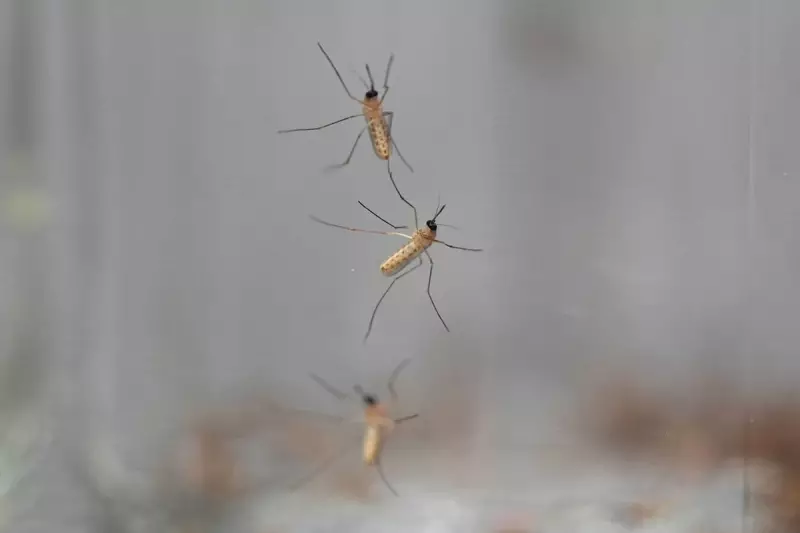
In a development that could reshape malaria control strategies across Africa, scientists have identified a new, highly adaptable mosquito species capable of spreading the deadly disease in urban environments.
The alarming discovery, detailed in a recent scientific study, reveals that this previously unknown mosquito variant has evolved to thrive in cities, challenging long-held assumptions that malaria is primarily a rural threat.
A Game-Changer in Disease Transmission
Researchers found that this newly identified mosquito species exhibits remarkable adaptability to urban settings, breeding in man-made containers and adapting to warmer temperatures commonly found in cities. This behavioural shift represents a significant departure from traditional malaria-carrying mosquitoes that typically breed in rural water sources.
Implications for Public Health Strategies
The emergence of this urban-adapted malaria vector could seriously undermine progress made in malaria eradication efforts. Public health officials now face the daunting challenge of redesigning control measures that have historically focused on rural populations.
Key concerns identified by researchers include:
- Increased risk of malaria transmission in densely populated urban areas
- The need for revised mosquito control strategies targeting urban environments
- Potential for rapid disease spread through urban transportation networks
- Challenges in detecting and monitoring this new mosquito species
The Scientific Response
Research teams are urgently working to understand the full implications of this discovery. Scientists emphasise that traditional bed net distributions and indoor spraying programs may require significant modification to address this new urban threat effectively.
The study underscores the critical need for enhanced surveillance systems and innovative approaches to mosquito control that account for the changing behaviour of disease vectors in response to urbanisation and climate change.





